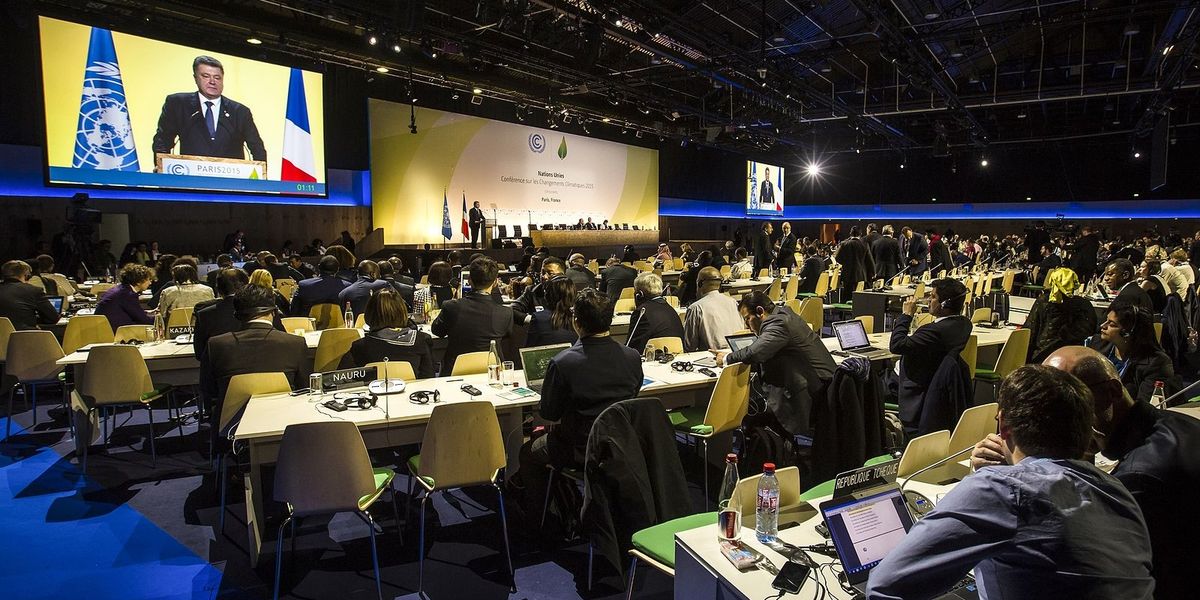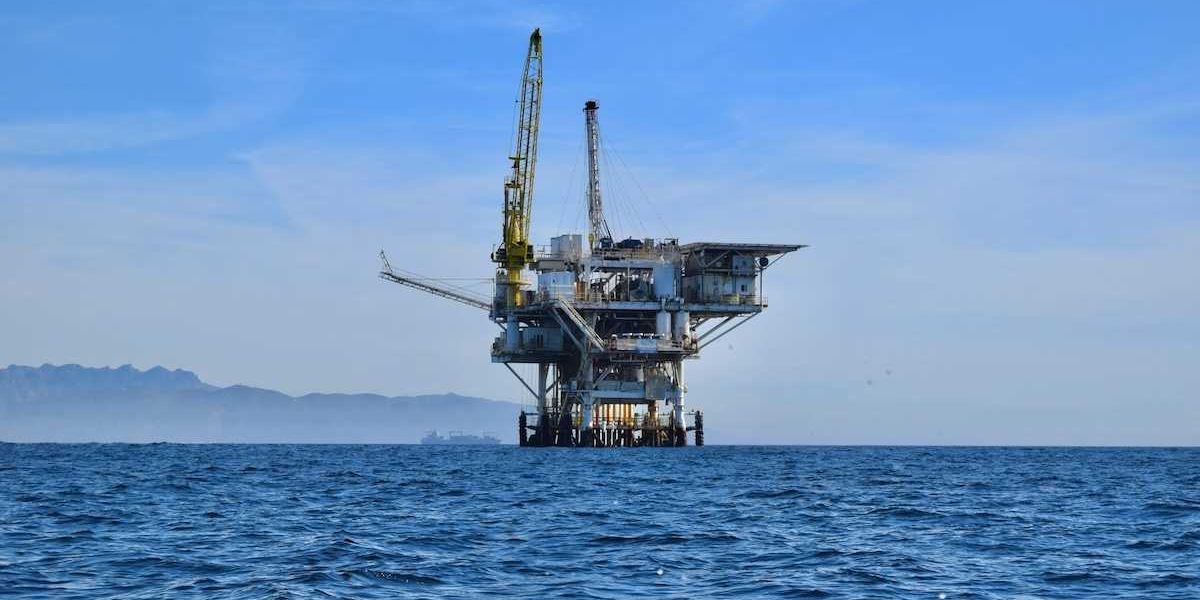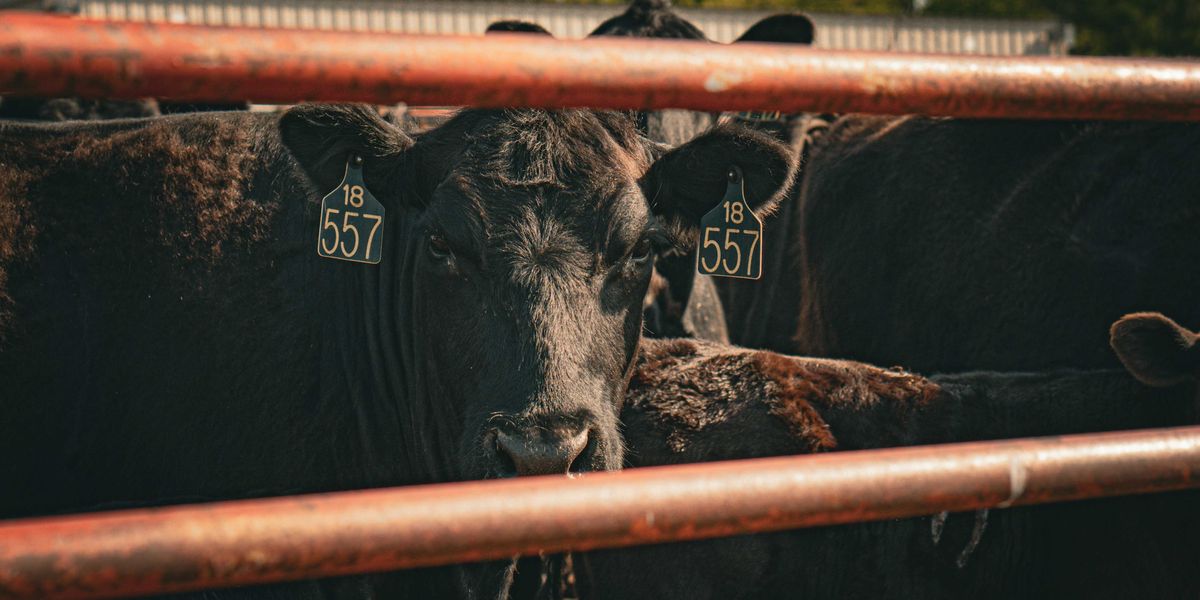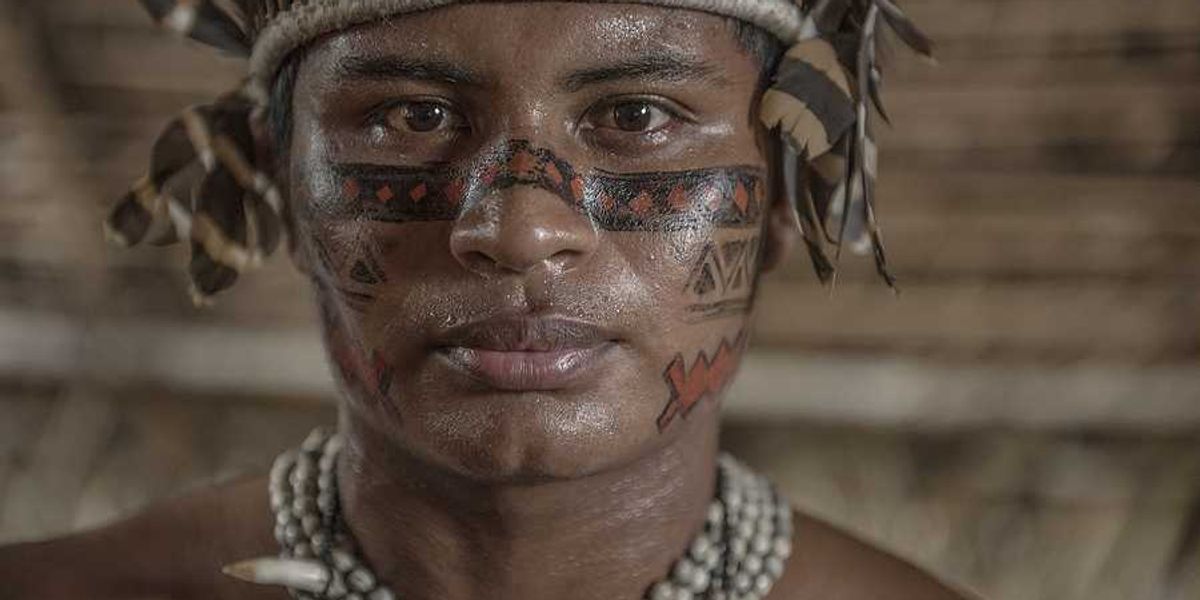behavior
Nicholas Kristof: Climate change’s overlooked impacts on daily life
Rising global temperatures are quietly affecting human health, education, and behavior, not just fueling apocalyptic scenarios.
In short:
- Extreme heat is linked to more accidents, suicides, and violent crimes, as well as worse academic performance.
- Wildfires, exacerbated by climate change, are causing widespread air pollution, leading to thousands of premature deaths yearly.
- Rising temperatures disproportionately affect disadvantaged groups, worsening inequality in education and health.
Key quote:
“The familiar climate catastrophe framing may be missing some of the most important features of the real climate change story.”
— R. Jisung Park, economist at the University of Pennsylvania
Why this matters:
Climate change’s incremental effects are already taking a toll on human well-being. Focusing solely on catastrophic outcomes risks overlooking the current, tangible harm caused by even modest warming, especially among vulnerable populations.
Why cheetahs will be especially vulnerable to climate change, according to new research
Even the fastest animal in the world can't outrun the effects of climate change, according to experts.
What makes people act on climate change, according to behavioral science
What coaxes greener habits: Facts, money, or social signals?
Robert Clark: Lessons from evolutionary psychology
Some of the response to climate change concerns seems driven by emotion more than by reason, and especially to be driven by tribalism. It would be unbearably humiliating if those insufferable, Woke, politically correct leftists were actually right about something.









